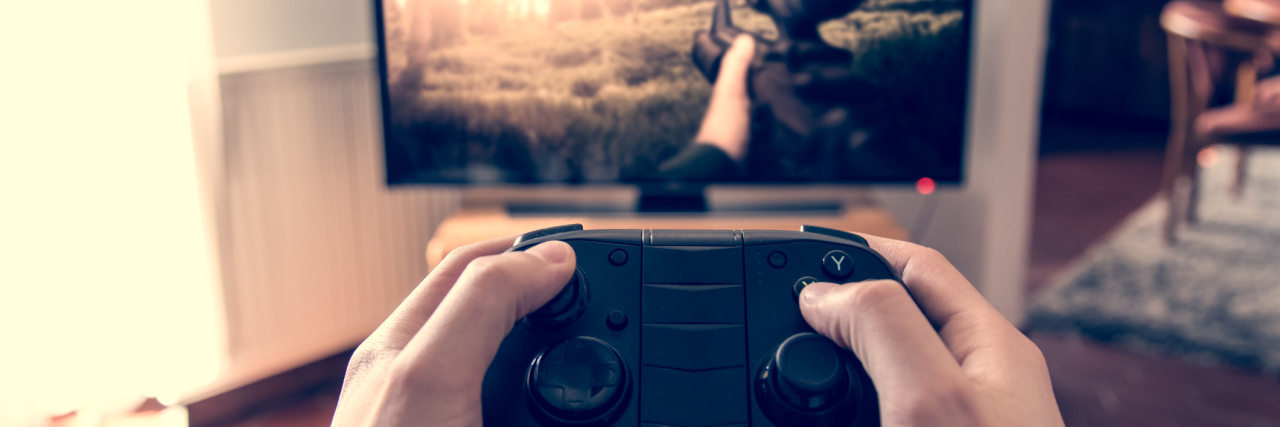On a very basic level, bipolar disorder is living in an up and down cycle between depression and mania. So this means many of us with bipolar disorder bounce between the two, stay in the middle if we can, but have to face the reality of this disorder. One reality for me is addiction.
• What is Bipolar disorder?
Mania is the up to the down of depression, where you feel like you’re driving too fast down a highway of excitement and bad choices. It’s really hard to see clearly when you’re in this state, because reality is fractured by this illness and wrong seems like a great idea, spending all your money on shoes, staying the night when it will only hurt later, making grand plans for yourself that are impossible to follow. Everyone has a different and unique experience with bipolar disorder, there are so many behaviors that can cause destruction.
Addictions are a very serious and often painful topic. The thing about addiction at it’s very core is that it is an activity or action that consumes someone, preventing them from thriving with varied activities. It can mean losing your house, a job, friends, family, your health, anything you really care about — even your life. That’s what makes it so important to fight addiction of any type.
Arguably less painful and life ruining than substance abuse or alcoholism, are everyday addictions. While still destructive and consuming, addiction to video games, adult material, shopping, sexual activities fall into this category — just to name a few. One of the unique challenges these present for bipolar disorder is that it can slingshot cycles. When you are manic and develop an addiction, the effects and consequences can trigger your depression. These everyday addictions are not always taken seriously enough, but when you’re in deep credit card debt, or get so caught up in something that you lose a friend, that is serious and damaging.
Not long ago in the midst of mania, I developed an addiction to a video game that had no real redeeming value. My little one was playing it so I started to be able to play with him but I got swallowed by it. I found the day wasting away as I sat and played, and like the blink of an eye, I just kept playing hour after hour. Still taking care of the important and vital tasks in my life like making sure my little one ate and stayed happy, while letting some things go, like eating and cleaning, talking to friends and family. I looked outside and it was dark and I realized I hadn’t taken extra time to eat but I was still so consumed that I didn’t want to stop, so I just didn’t.
Now this is the slingshot. Because I hadn’t eaten, cleaned or really done anything else besides the essentials, the “everything else” I let go piled up. Now these things I had ignored when I was addicted to this game seemed like mountains and I felt overwhelmed. When I looked around me and saw the mess, when my stomach hurt, when my skin was breaking out from not washing my face, when my relationships became distant — this was when my depression set in. I felt guilty, uncomfortable and I saw that spending that time was a complete waste, so I fell into depression. I was finally able to recognize this habit I had obsessed over and slowly dig myself out of.
The thing is when you’re in a state of mania, it’s very hard to see clearly when you’ve gone too far with anything, and so what I’ve found to be extremely helpful is to make plans when you aren’t in this state. Start out with setting limits, set alarms, stick to a budget, call a friend instead of a booty call, ask those around you to tell you what you might not be able to see.
Bipolar is a very tricky illness that is often hard to navigate, but you can do it. Everyday addictions can be part of it and once you start to learn what your vices are, the easier it gets to avoid them. Steering clear from these can then keep that slingshot far far away where it belongs. Next time you find yourself caught into the web of an everyday addiction, remember you’re not alone, it’s not too late to turn back, and most importantly, it’s possible to overcome it.
Thinkstock photo via michal-rojek

